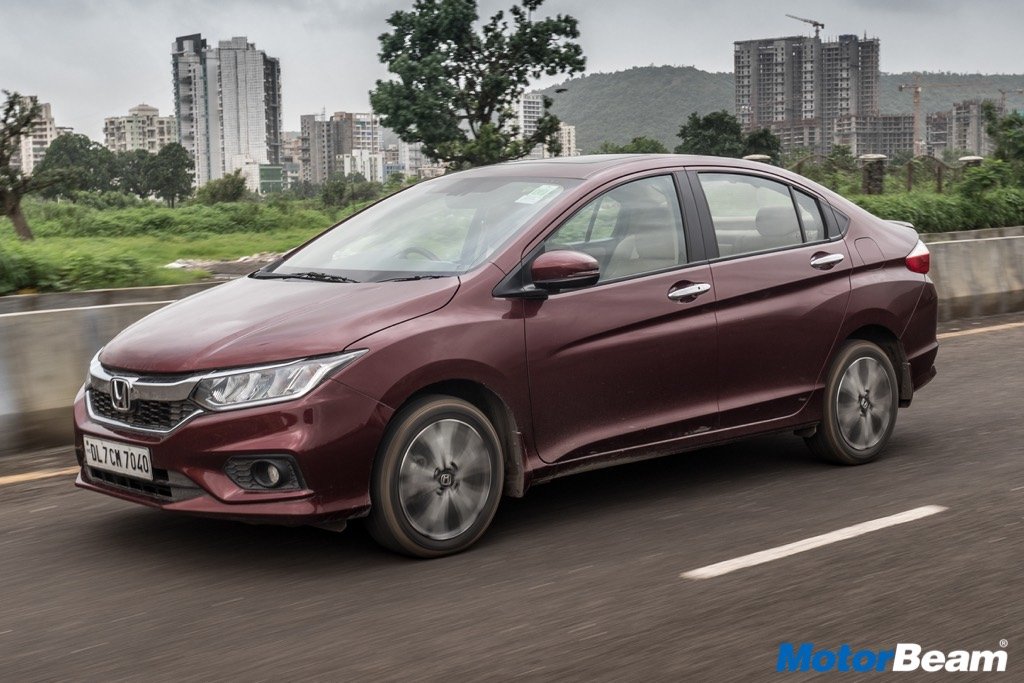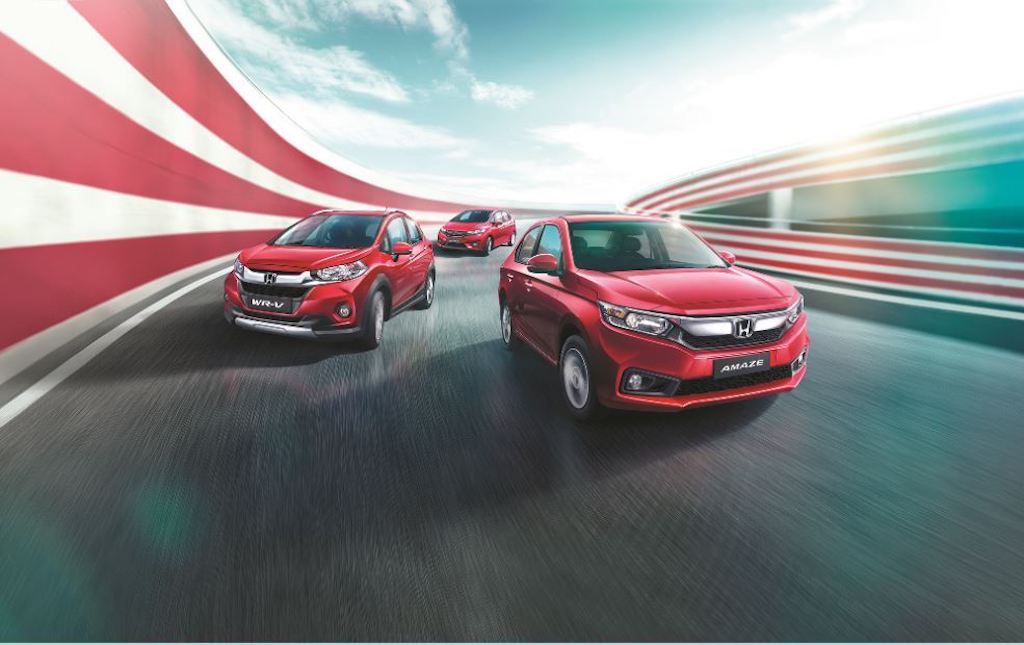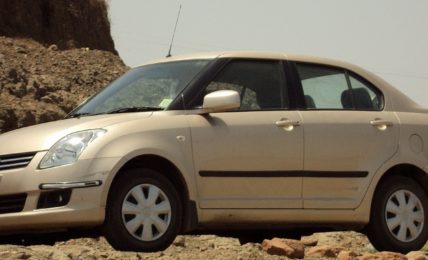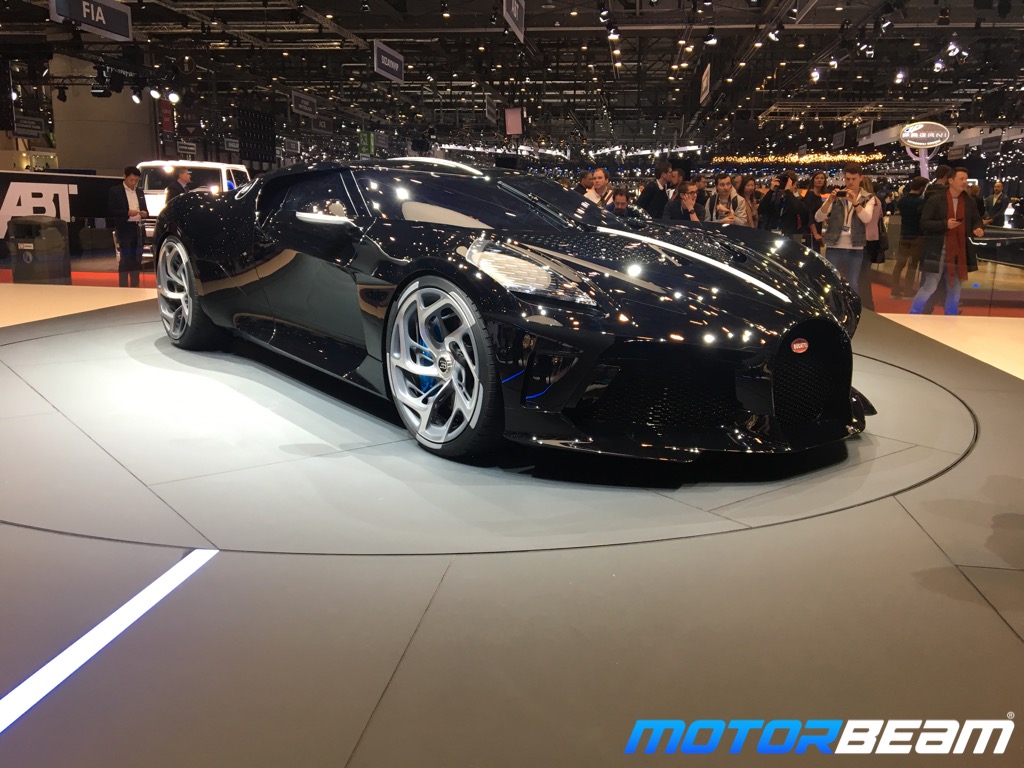
Honda 1.5 i-DTEC
It’s no secret how Honda has dominated the sales of petrol engines globally under the ‘i-VTEC’ moniker. However, the Japanese carmaker was not into manufacturing diesel engines until recent years when they launched the ‘i-DTEC’ brand. No surprises here, Honda’s diesel engine caught up equally well, especially in the Indian market. Honda’s 1.5 i-DTEC is easily one of the most frugal performers in the Indian car industry.
Honda’s 1.5 i-DTEC engine is a 1.5-litre 16V 4-cylinder setup that produces a peak power of 99 HP at 3600 RPM. This makes it one of the most powerful diesel engines across the hatchback, compact sedan and C-segment sedan segment. There’s about 200 Nm of torque to play with, that comes in from as low as 1750 RPM. This Honda engine loves to redline even though there’s not much top-end power.
The low-end and mid-range is where this engine really shines. This engine loves highway cruising at speeds of 110-120 km/hr, this is where the engine feels very refined. City driving with this engine is completely trouble-free. It does not require constant gearshifts, thanks to the negligible lag. NVH levels are not the best, the diesel clatter filters through the cabin. However, it does respond very well to occasional flooring of the accelerator pedal and pulls strongly till the redline.
Honda supplies the 1.5 i-DTEC engine in the Amaze, City, WR-V, BR-V and Jazz. Now, Honda’s i-DTEC engine might not compete that well with its competitors in terms of performance but there’s no carmaker that can match the i-DTEC’s fuel efficiency figures. Honda claims an average fuel economy in between 21.7-27.4 km/l for the 1.5 i-DTEC engine, depending on the car.





